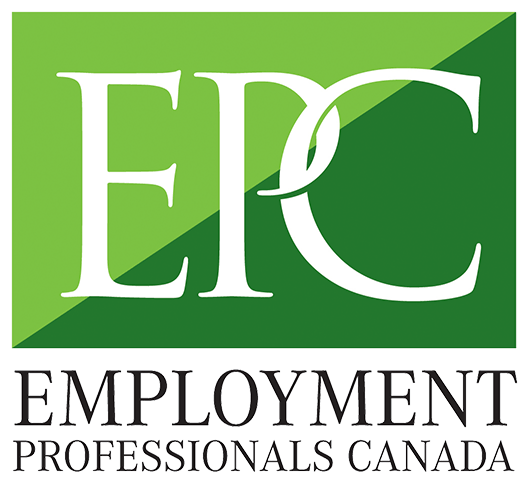Reference checks are a critical aspect of the hiring process for an increasing number of employers. They’re more than just a formality, despite what tradition and past experience may have dictated. In fact, social media and other real-time means of communication have enabled hiring managers to immediately access the information needed for reference checks and other steps to ensure that they thoroughly vet candidates.
When it comes to lining up your professional references, keep these considerations in mind:
- Unprepared references can discredit your work. Stay in constant communication with your references and make sure they have an updated copy of your resume. Closely coach them to ensure that you both agree on what they will say about you if contacted.
- Become familiar with your current and former employers’ reference policies. They may vary from company to company. Some cannot provide references at all. In other cases, written information can be powerful in terms of negating lengthy phone calls.
- The impressions your references leave will be reflected upon you. Choose individuals who are savvy communicators. Then let them know as much as you can regarding what to expect when they hear from your prospective employer. As an option, you can write talking points for them, as long as they agree to sign off on them. This is a proactive way to work with an otherwise solid reference who may be less than prepared, distracted or unenthusiastic on the phone.
- Seek references from persons who truly know you and your work. Ask their permission before using their names. Counsel them to speak consistently, but not identically, about your skills and expertise. Suggest a different area for each person to highlight. Have 100 percent confidence in what they will say – or cross them off your list.
Avoid Pitfalls
You will likely not have complete control over which references a hiring manager utilizes. In fact, many employers purposely stray from the list that you provide. If there’s a potential elephant in the room, such as a former supervisor whom you feel will provide a negative reference, prepare to disclose this information and speak candidly about it up front.
- Get ahead of the issues. Bring them out in the open, rather than trying to cover them up. In the long run, this speaks well of your honesty and ability to address conflict.
- Avoid legal intervention. If you feel your search efforts may be hampered by knowingly false or malicious information, contact the potential source and attempt to resolve issues even before you begin interviewing. Legal action can either silence references completely or result in lengthy delays that will cost you valuable time.
Keep Your References in the Loop
Your references should be up to date on your plans and progress throughout your search process. Let them know you’re job hunting, send them background information, stay in touch with them and follow up after they’ve been contacted. Last but not least, send them a heartfelt thank you note. Regardless of the outcome, you’re nurturing a valuable professional relationship.
For additional resources to aid in your successful job search, read our related posts or contact the specialized staffing team at Employment Professionals Canada today!

